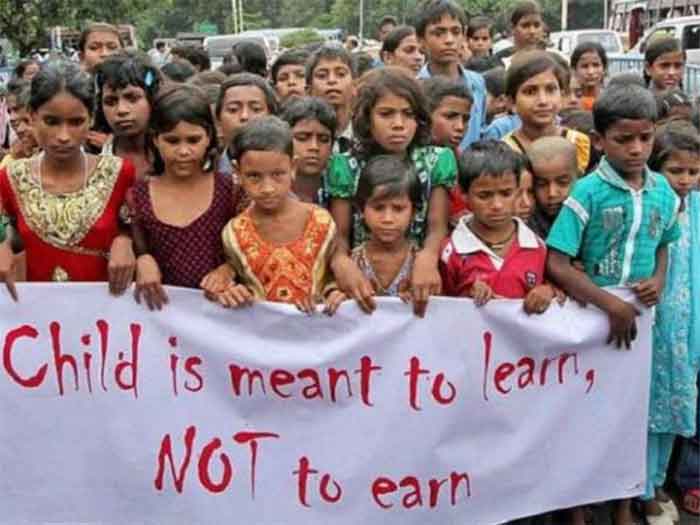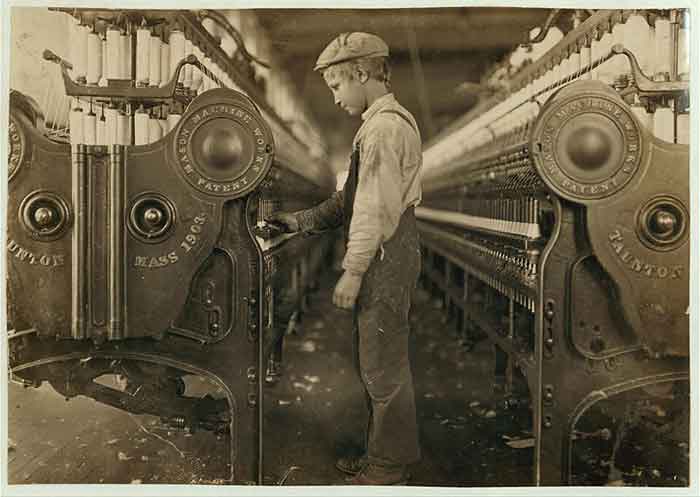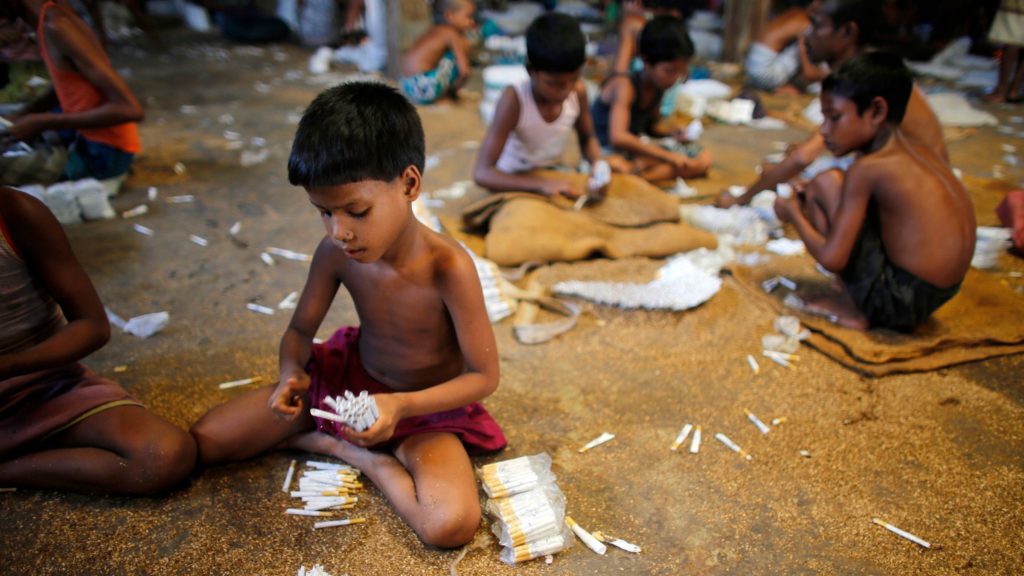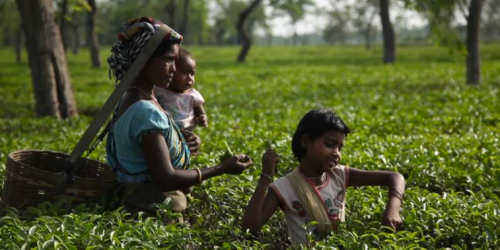
Rajani, a 17-year-old girl, who is one amongst the 3309 child workers, recorded recently in Maharashtra, works at a garment shop in Nanded. Like several other workers in informal sector, she is also subjected to unacceptable long hours of work, unhygienic and unsafe conditions. With a monthly income in the range of Rs 3000 to 4500 and a long hour of work with just 30 minutes break, Rajani is one amongst the several who are into the trap of Child labour in India.
Rajani who works as a helper at a garment shop informed how she does not have access to washroom facilities at her workplace. “First, we take permission to go to the toilet and then go to the nearest public toilet or the hotels or hospitals. I feel ashamed to take permission for something which is personal to me. Also, it is very unsafe to use public washrooms. Although the toilets in hospital and hotels are safer. But, the employees working in these places comments or taunts while using their washrooms.”
Lack of proper sanitation facilities make it even more difficult for them to maintain hygiene and change sanitary napkins during menstruation. This increases the risk of developing Urinary Tract Infections and other diseases. On the other hand, long working hours are another matter of concern. Lamenting on the issues Rajani further added that although one has to come on time, there is no time to leave. “If you are handling any customer, you have to stay until the customer buys something, no matter how late it is,” she added.
Seema, 15, another adolescent girl who works as a helper at a garment shop informed how they get fewer official leaves. “More leaves will lead to loss of Pay. It is worse during festive season as we are not allowed to take leaves,” lamented Seema. Without a proper working condition many like Rajani and Seema are hired to work at the bare minimum wage and are deprived from access to their basic rights.
Komal,15, who works in one of the biggest garment shops in Nanded, highlighted how the workers have to stand a minimum of 8 hours and a maximum of 12 hours depending on workload. “We are not allowed to sit while on duty or even if there is no work,” Komal informed. Accessing the facilities in the store such as lifts are also barred as informed by Komal. Moreover, in order to conceal the working conditions of the workers, the owners often limit their interactions.
Along with physical, the helpers are also compelled to face psychological harassment. They are not allowed to keep their phones while working hours. “It is a major problem. We can’t even attend calls if there is any emergency at home. In case of crisis, they are ought to visit the shop and inform us,” expressed Pooja, another 14 -year- old helper at a garment shop in Nanded.
According to UNICEF, child labour is the result of many factors such as social norms, lack of decent work opportunities and poverty. Take the case of Kesar, a 16-year-old from the same district, who works at garment shop to help her family. Intergenerational poverty has pushed her into the workforce at a very young age and burdened with the familial responsibilities. Left without any option, parents often encourage their children to work, as informed by Kesar, “My mother worked in this shop when she was young. She wanted me to work here because it’s the safest option since the owner is nice and the job is suitable. This way I can contribute to my family.”
The article is written as a part of the WNCB Awards for Untold Stories on child labour.
Bhagyashri Boywad is a winner of the WNCB Awards for Untold Stories on child labour. Share your feedback on [email protected]
Charkha Features















































